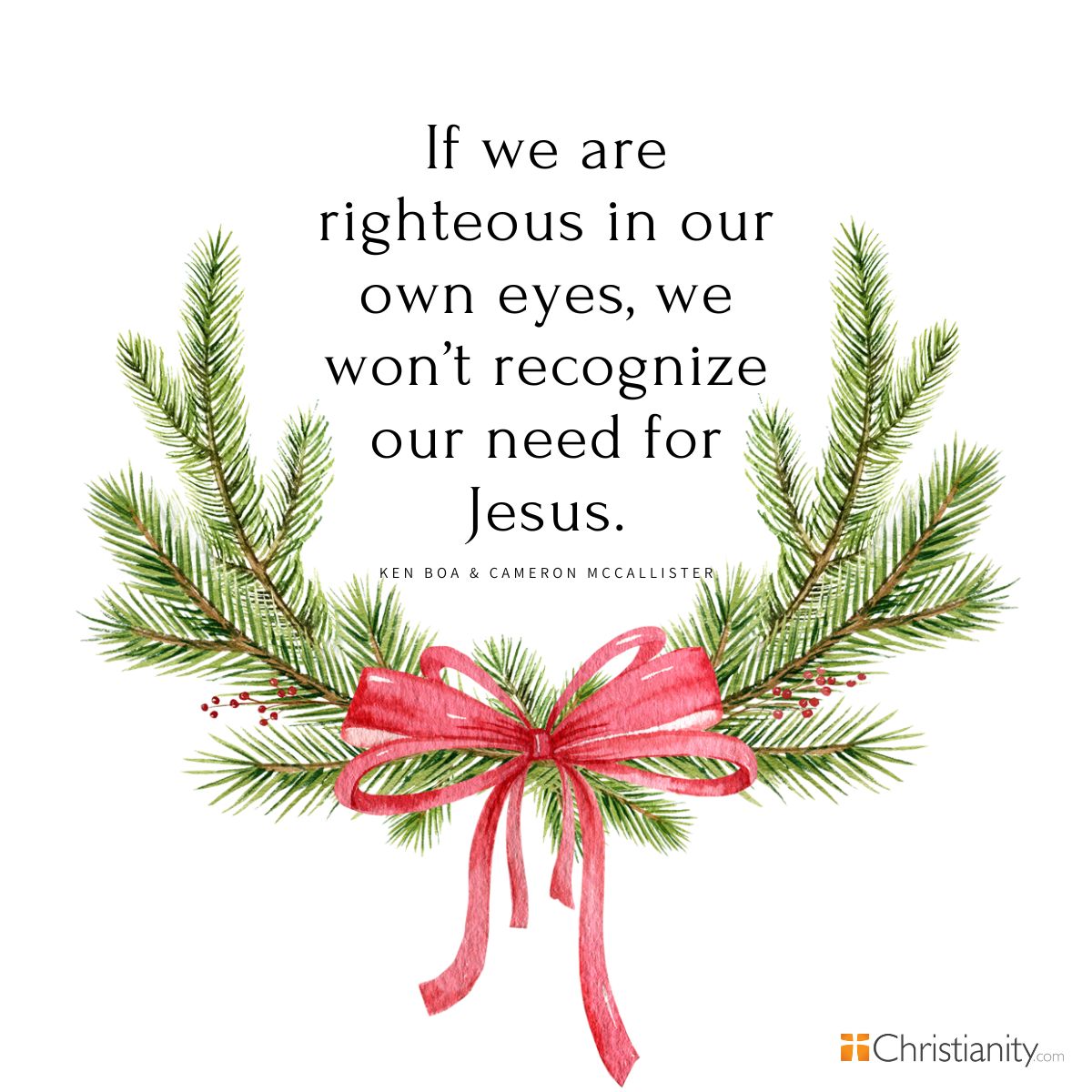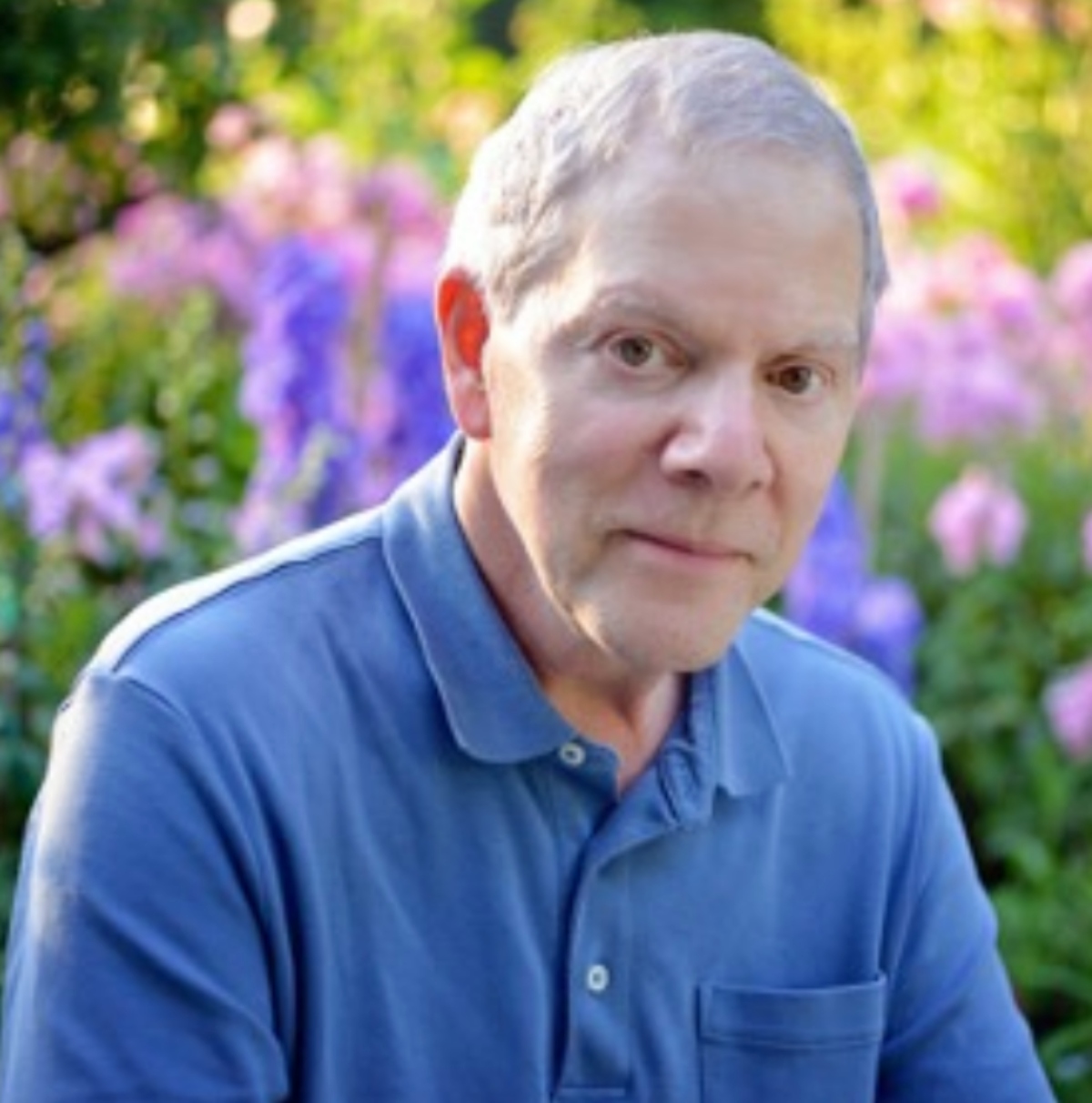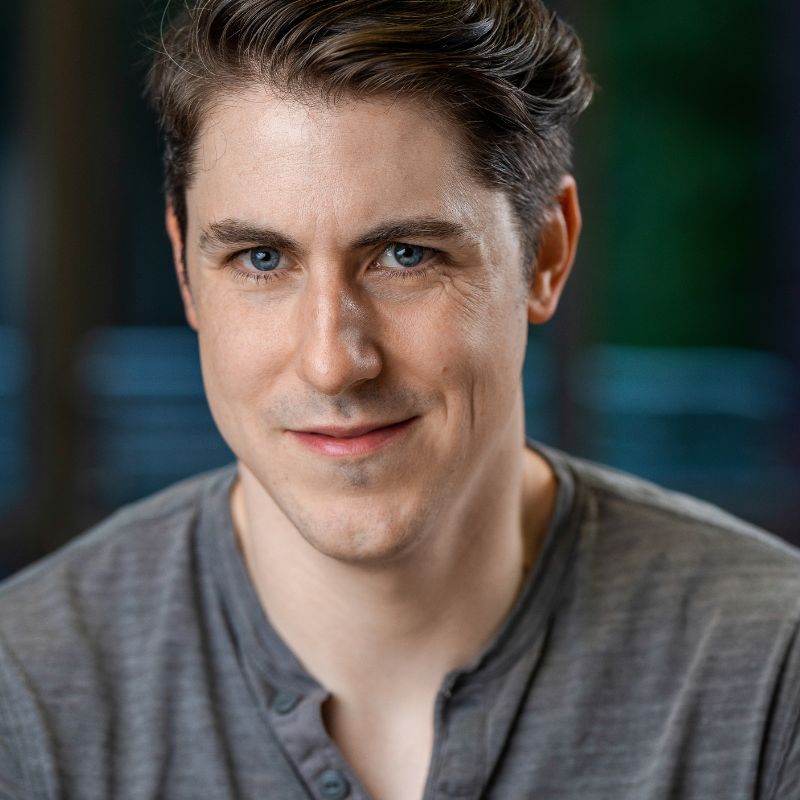Another school shooting left a trail of devastation, escalating social, political, and economic unrest, and a growing sense of global conflict. Ours is a deeply troubled world and has been since the fall of humanity. Ostensibly a time of joy and celebration, most of us are well aware of the darkening moods and soaring depression levels during this time of year. At a time when we’re supposed to be filled with mirth, many of us struggle to get out of bed in the morning. This is a rather somber note to begin on, but it’s only when we face the true circumstances of our lives that we can encounter the true hope of advent.
In this regard, some cherished lines from “O Little Town of Bethlehem” come to mind: “Yet in thy dark streets shineth/The everlasting light/The hopes and fears of all the years/Are met in thee tonight.”
Why do these celebrated words strike such a chord? Though we can’t do full justice to their poetry here, we can certainly say that they help us to make sense of our conflicted human experience on this side of eternity. In this sense, we can recognize that this little town was filled with people enduring the routine turmoils of life with which we’re all faced. There were folks suffering from various illnesses. There were people facing unemployment. Some marriages were in turmoil. Above all of these everyday challenges there loomed the usual social and political challenges that characterize a fallen world. It is not to some ideal world that our Savior came but to the place filled with rising inflation rates, road rage, and crowded cancer wards. Christ invaded our fallen world from above in order to save us. This is and remains good news for those who recognize that we need to be saved.
Good News for Those Who Recognize Their Need for a Savior
What would prevent us from thinking we need to be saved? One way to answer this question would be to point to one of the key aspirations of the modern world—namely, control. Without disparaging the spirit of innovation that characterizes so much of the post-industrial world, we can also point to a profound confusion that sets in when we mistake technological improvement for moral improvement. We can celebrate the invention of penicillin while remaining decidedly more circumspect about the threat of nuclear proliferation. Both are results of human ingenuity.
If we do a character study, the results aren’t much better. Some of the most intellectually gifted people have also been grossly immoral, abusing others and turning their vast intelligence toward plunder and exploitation. A genius is rarely a saint.
On a broader level, our world remains a broken place. Despite all of our sprawling social, economic, and political projects, most of us still lock our doors at night and depend upon the enforcement of laws to protect us. These are all sobering reminders that we are not in control, despite our best efforts, and that we need to be saved. But this will require a humble recognition on our part. As our Lord says, “Those who are well have no need of a physician, but those who are sick. I came not to call the righteous but sinners. (Mark 2:17)”
The word sinner is especially bracing for us modern people. Convincing people that they need to be saved or rescued is becoming less of a challenge these days. As many astute thinkers have observed, ours is a moment of civilizational unrest in the West. The social fabric is fraying, and we’re in a position to appreciate our vulnerability with a good deal more honesty. The recognition that we are sinners, however, remains a challenge. In a characteristically pungent turn of the phrase, the theologian Stanley Hauerwas argues that the recognition that we are sinners is a “theological achievement.” If we are righteous in our own eyes, we won’t recognize our need for Jesus. If, on the other hand, we recognize the corruption in our own hearts, we’re in a position to encounter the divine physician—the one who alone can bring healing to our souls.

Living Between Two Advents
On the one hand, if we recognize Christ as our Lord and Savior, we are animated by a deep and unshakeable hope. Though pain and suffering remain on this side of eternity, we recognize that our ultimate well-being is secure. Our destiny is to be with our Maker for all eternity, and the joy of this recognition fills us with great expectations. We thus live between the advent of Christ’s coming and the advent of his return.
On the other hand, we continue to see a world filled with extraordinary pain and suffering. For this reason, our great hymns are punctuated with cries of joy and lament. This is one of the many reasons that our great hymns have stood the test of time. Not only do we have astonishing theological depth. We also have a vision of human experience that includes sadness and tragedy. In the pop culture arena, Christmas music is filled with kitsch and sentimentalism. Sorry to be Scrooge! But hymns like “O Little Town of Bethlehem” offer a prophetic vision of our world as it is and as it will one day be. (We’re not saying you should never listen to Mariah Carey, by the way. We are suggesting that these timeless Christmas hymns will speak more directly to your actual human experience.)
We are filled with joy as we celebrate the birth of our King and anticipate His return. We are filled with sadness because of our sinful state that necessitated His death, and that fills our world with such turmoil.
But there’s a world of difference between lament and despair. In the end, despair represents the absence of a greater hope—we are on our own and must fend for ourselves. Christian lament, however, recognizes that sin and death, heinous and bitter as they are, don’t have the final word. Christ has indeed overcome the world and this colossal fact liberates us to worship with joy, even in the midst of temporary sadness.
Take heart, friends. Immanuel: God with us.
Photo Credit: CanvaPro/GettyImages/Konstanttin

Kenneth Boa equips people to love well (being), learn well (knowing), and live well (doing). He is a writer, teacher, speaker, and mentor and is the President of Reflections Ministries, The Museum of Created Beauty, and Trinity House Publishers.
Publications by Dr. Boa include Conformed to His Image, Handbook to Prayer, Handbook to Leadership, Faith Has Its Reasons, Rewriting Your Broken Story, Life in the Presence of God, Leverage, and Recalibrate Your Life.
Dr. Boa holds a B.S. from Case Institute of Technology, a Th.M. from Dallas Theological Seminary, a Ph.D. from New York University, and a D.Phil. from the University of Oxford in England.




